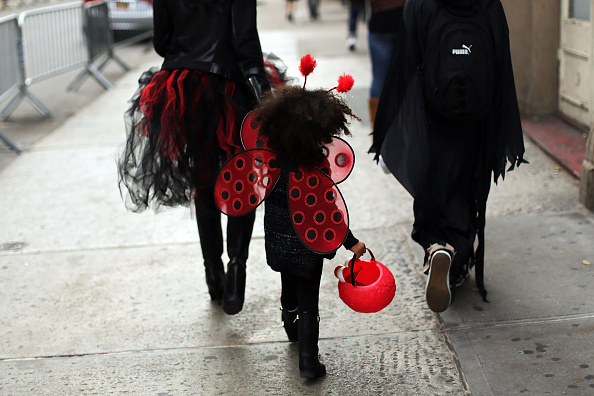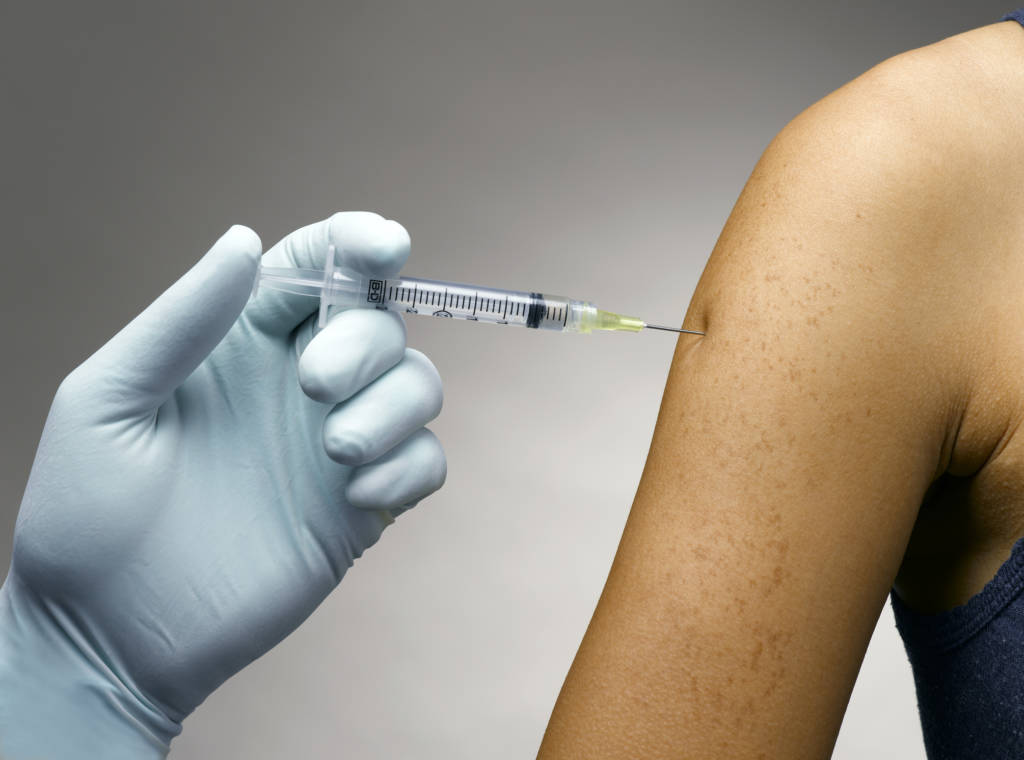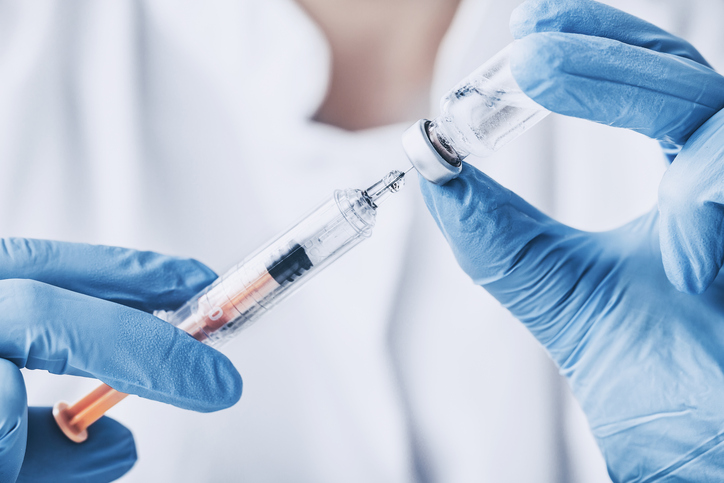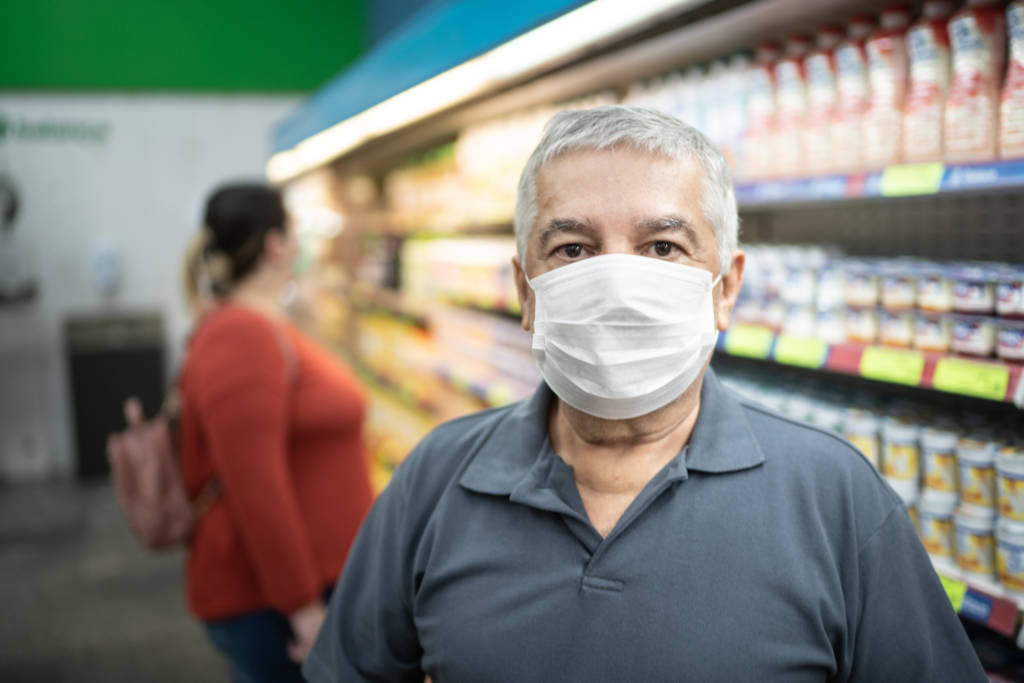Further, the Johnson & Johnson vaccine is proven effective against the new South African COVID-19 variant, since part of its clinical trial was conducted in that country and in Latin America, Poland noted.
The Moderna and Pfizer vaccines only were tested against the original strain of COVID-19, and the new variants are posing some limited challenge to the protection those vaccines confer.
“I’m not sympathetic with the idea that it’s a next-best vaccine,” Poland said of the J&J vaccine.
Even the 66% clinical trial effectiveness of the J&J vaccine against all symptomatic COVID-19 is nothing to sneeze at, said Dr. Abhijit Duggal, a critical care specialist at Cleveland Clinic, in Ohio.
“Those numbers are much, much better than anything you would usually see with the influenza vaccine,” Duggal noted.
Flu vaccines typically provide 40% to 60% effectiveness, according to the U.S. Centers for Disease Control and Prevention.
Infectious disease experts have good reason to want to beat down any notion that the J&J vaccine is second-rate.
The vaccine has advantages that will make it much easier to distribute to places in the United States that are more remote or are not as well-served by health care.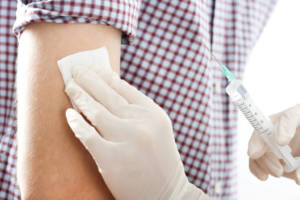
Want a choice of vaccines? Not happening anytime soon
All three vaccines work by using genetics to trick human immune cells into producing incomplete replicas of the spike protein that the COVID-19 coronavirus uses to invade the body and cause illness. The Pfizer and Moderna vaccines do this by directly delivering messenger RNA (mRNA) into the cells, which then pass on the order to produce the COVID-19 spike protein.
But mRNA is very fragile, so the vaccine must be kept frozen until right before it’s administered, explained Rick Kennedy, co-director of the Vaccine Research Group at the Mayo Clinic, in Rochester, Minn.
The J&J vaccine is much more hardy because it’s delivered via a common cold virus that’s been genetically altered to deliver the spike protein DNA into human cells, Kennedy said. This type of vaccine only needs to be kept refrigerated, not frozen, and so is much easier to transport and store.
“All these viral particles act like Trojan horses. Each viral particle will be able to get into one cell, and it’s got the viral DNA. That gets changed into RNA, and then the RNA tells the cell to produce spike protein,” Kennedy said of the J&J vaccine. “So at the very end you get the same effect. Those cells are producing virus spike protein and your immune system’s learning to recognize it.”
The J&J vaccine also only requires a single dose for effective protection, making it much easier to vaccinate larger numbers of people.

